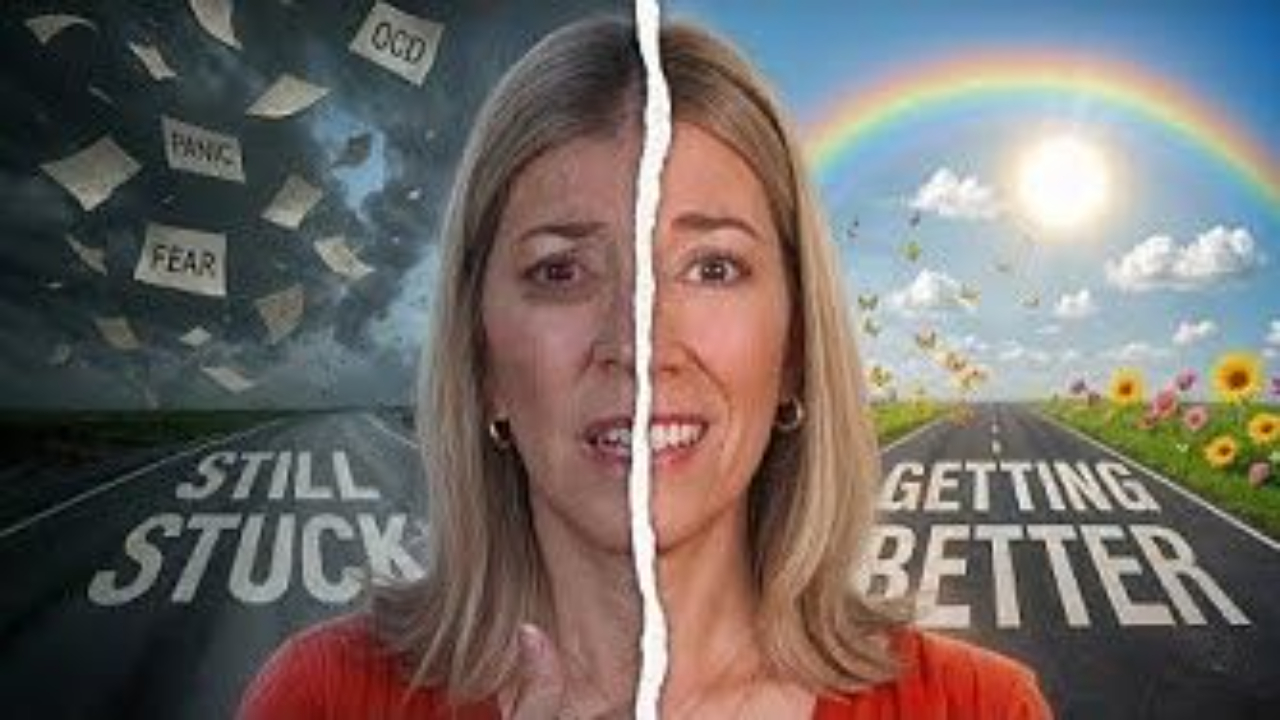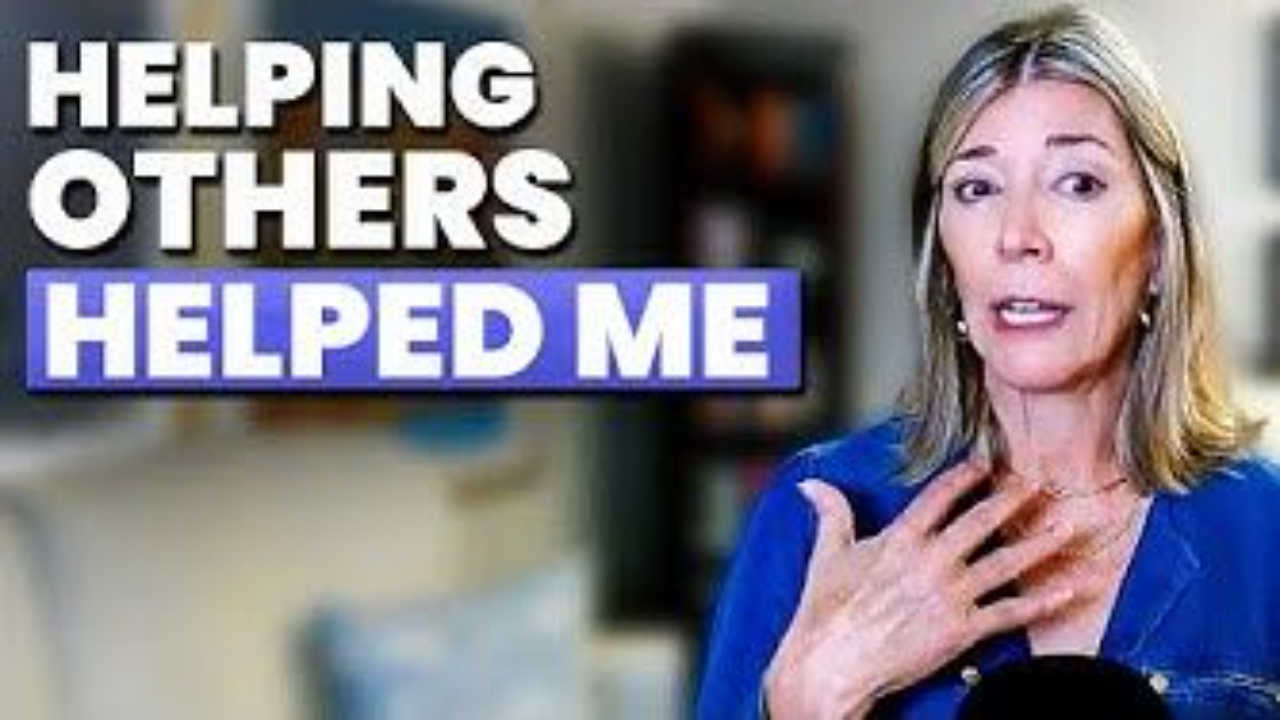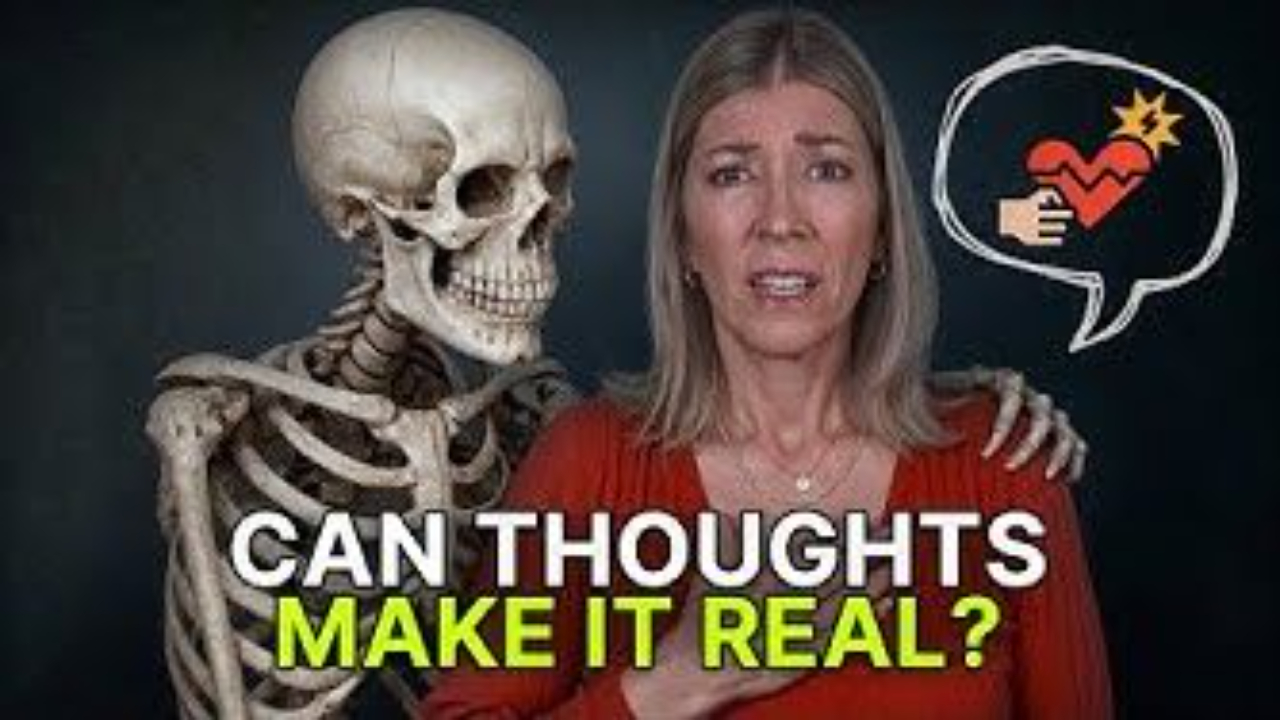
OCD: Effective Strategies and Insights for a Balanced Life
Dealing with Obsessive-Compulsive Disorder (OCD) can be a challenging journey. It often involves managing intrusive thoughts and compulsive behaviors that can significantly impact one's daily life. In this blog post, we will address some common questions and concerns related to OCD, specifically focusing on the use of positive affirmations, seeking reassurance, cognitive-behavioral therapy (CBT) and Exposure Response Prevention (ERP), teletherapy options, and recommended books for further understanding and support.
Positive Affirmations and OCD:
First question we'll explore is whether positive affirmations can be helpful in managing OCD.
Maggie's question is an excellent starting point. She wonders if saying positive affirmations after an OCD thought is empowering or if it's better to let the thought be until anxiety subsides.
Answer: The answer to this question is nuanced. Positive affirmations, while well-intentioned, can become another compulsion for individuals with OCD. Compulsions are behaviors or actions performed to reduce anxiety, and in the context of OCD, they can reinforce the obsessions and make the exposure therapy less effective.
In OCD treatment, particularly ERP, the goal is to confront fears and obsessions without engaging in compulsions. Positive affirmations can inadvertently act as a compulsion by attempting to calm oneself down. It's essential to resist the urge to say positive affirmations during exposures and instead focus on experiencing the anxiety without trying to alleviate it.
Seeking Reassurance and OCD:
Meadow's question about seeking reassurance is another common concern among individuals with OCD. Seeking reassurance is a typical compulsion that can perpetuate the OCD cycle.
Answer: Reassurance-seeking behaviors often involve asking others for confirmation or validation that the feared thoughts are not real. It temporarily reduces anxiety but reinforces the need for reassurance. The goal in OCD treatment is to break this cycle, so individuals learn to tolerate uncertainty and distress without seeking reassurance.
If you're supporting someone with OCD, it's crucial to avoid providing reassurance, as this can hinder their progress in therapy. Instead, communicate your understanding of their condition and your commitment to not participating in reassurance-seeking behaviors.

Are you struggling with OCD or Pure O? Do obsessive thoughts, rituals, and compulsions take over your life? Has it been hard to find a specialist to help you?
If you want to get your life back from OCD or Pure O,
this course is for you.
CBT and ERP in OCD Treatment:
John's question delves into the relationship between CBT and ERP in OCD treatment. Specifically, he seeks clarification on when to use cognitive restructuring, a CBT technique, during ERP.
Answer: ERP is a cornerstone of OCD treatment and falls under the broader umbrella of CBT. While CBT includes cognitive restructuring, it's important to note that research, such as Michelle Krask's work, suggests that engaging in cognitive restructuring during ERP can diminish its effectiveness.
To maximize the benefits of ERP, it's recommended to avoid cognitive restructuring during exposure sessions. The primary focus should be on exposing oneself to feared situations or thoughts and resisting compulsions, including mental ones like cognitive restructuring.
Teletherapy for OCD:
Tina's question addresses the accessibility of therapy for individuals residing in different states. The good news is that teletherapy is an option for people seeking OCD treatment, even if they live in different states.
Answer: Many OCD therapists offer teletherapy services to reach a broader audience. If you're interested in teletherapy, you can reach out to therapists through their websites or contact them directly to inquire about their services and availability.
Recommended Books on Intrusive Thoughts and OCD:
Book recommendations to gain a better understanding of intrusive thoughts and OCD. Here are some valuable books to consider:
- "Freedom from Obsessive-Compulsive Disorder" by Jonathan Grayson.
- "Overcoming Unwanted Intrusive Thoughts" by Sally Winston and Martin Seif.
- "I'll Be Okay" by Shannon Shy, a person with Pure-O.
- "The Mindfulness Workbook for OCD" by John Hirschfield.
- "The Big Book of Exposures" by Kristen Springer and David Tolin.
OCD can be a challenging condition, but with the right strategies and support, individuals can learn to manage their intrusive thoughts and compulsions effectively. It's essential to understand that positive affirmations, seeking reassurance, and cognitive restructuring can sometimes hinder the progress in OCD treatment, particularly in ERP. Teletherapy is a viable option for those seeking help, even if they live in different states. Lastly, reading informative books on OCD can provide valuable insights and strategies for individuals on their journey to overcome intrusive thoughts and compulsions.
Let's Keep in Touch
Subscribe to My Newsletter
We hate SPAM. We will never sell your information, for any reason.







